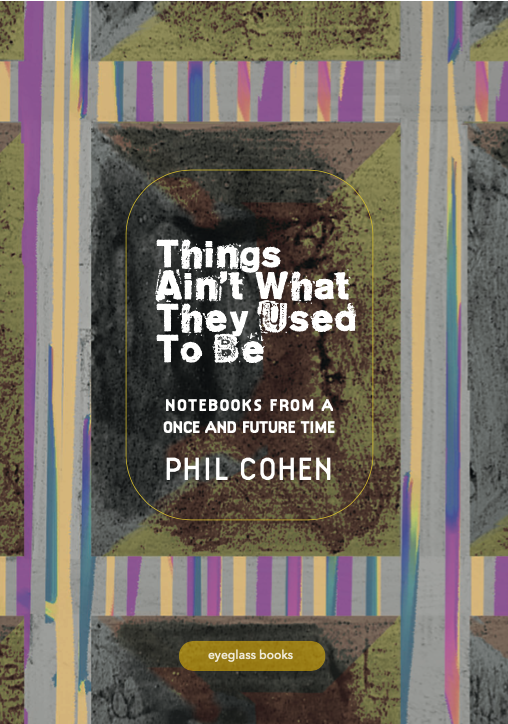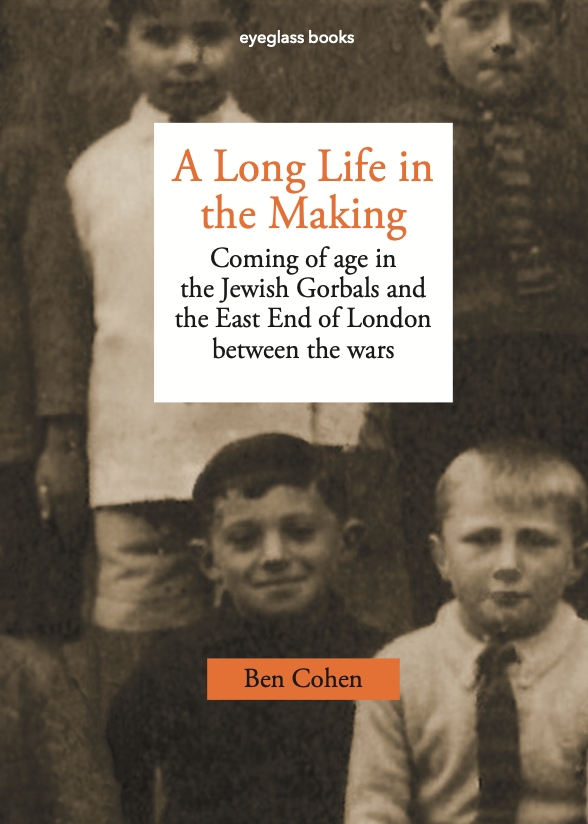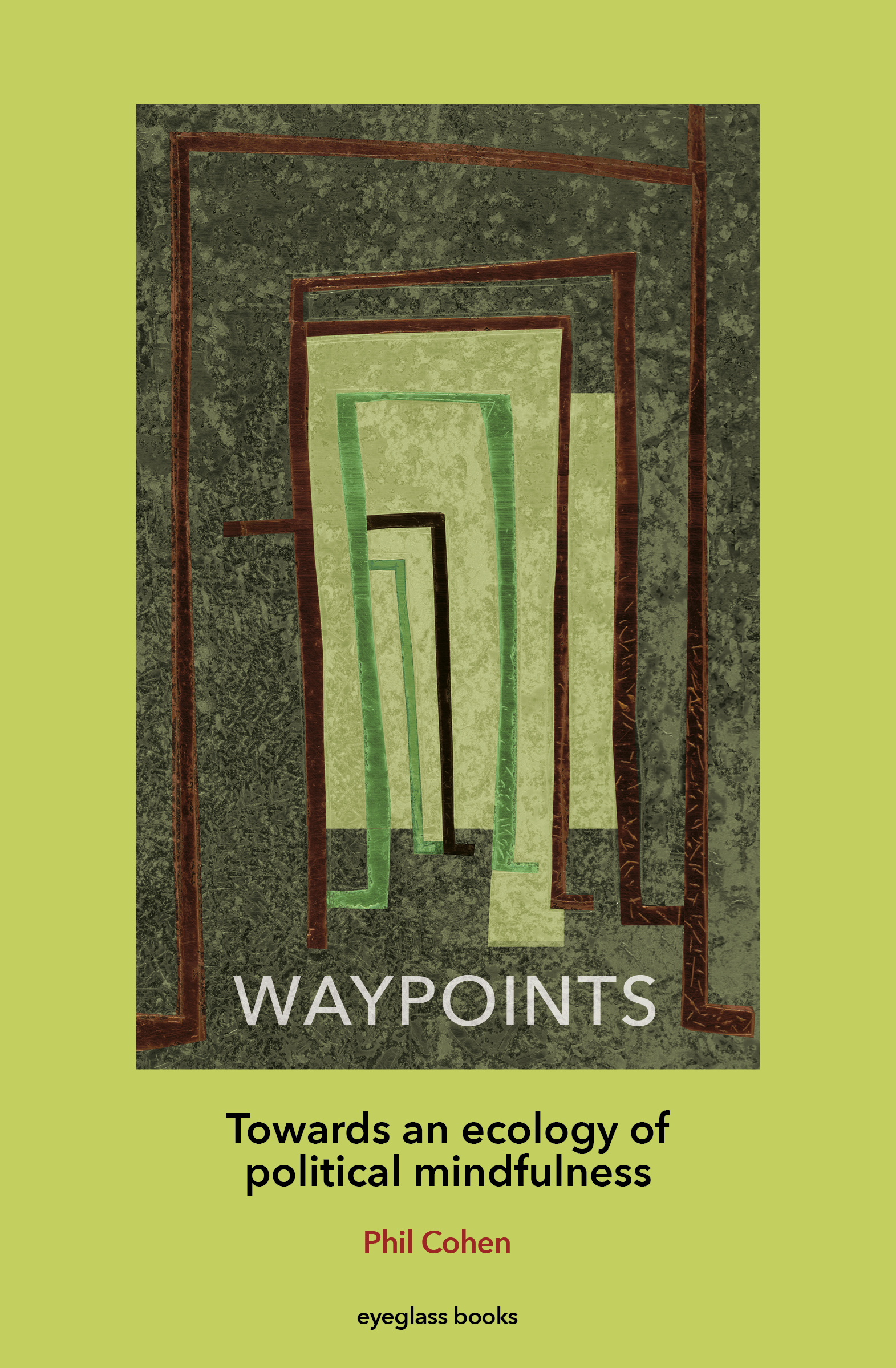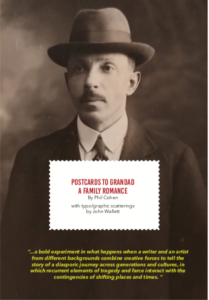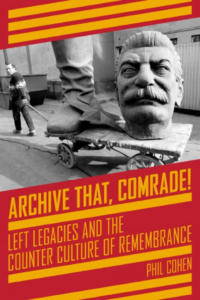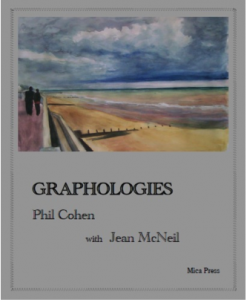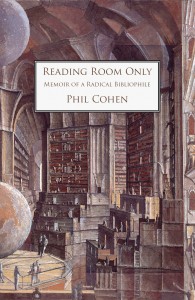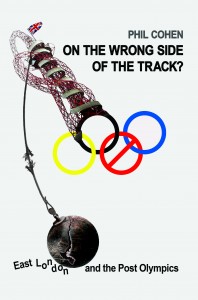left fields and the quest for common ground
A day of discussions and debates bringing together different generations of writers, researchers and activists to consider the political and cultural legacies of 1968, their bearing on the future prospects for a more democratic, equal and participatory society and for modes of research in the arts, humanities and social sciences that can underpin it. We aim to rekindle the intellectual ferment of that time but focussed around contemporary issues.
Date: September 22nd 2018 Venue: One University Square, Stratford E 15 1NF
Tickets: Early Bird £10/£5. After July 30 £15/£7.50. Booking: bit.ly/RETHINKING-1968
Rationale
‘Left field’ is originally a baseball term, but one which was taken up by commentators and critics in the 1980’s at the high point of post modernism to promote the originality of artists and thinkers whose work was not otherwise on the cultural map. In this context the term took on the connotation of ‘something coming suddenly out of nowhere’, through a singular, disruptive act of creative innovation. Yet, once uncoupled from po-mo ideology, Left Field might point us towards the un/common ground from which counter-hegemonic movements and ideas emerge and which they in turn help to create. It seems especially appropriate to apply the term to an understanding of the present conjuncture with its radical uncertainties, but also to grasp what was at stake in ‘May 68’ and its long aftermath.
Whatever else the sixties counter-culture may have represented for those who took part in it- and no movement has had its legacy more contested or hyped – it offered a fleeting glimpse of an alternative form of civil society, based on a moral economy of mutual aid, and a political vision of a world in which inequalities of class, race, gender and age had, more or less magically, disappeared. However Utopian, this principle of hope has continued to inspire the quest for a more open, participatory and democratic society; it has also led to the development of new forms of research, that attempt to challenge prevailing knowledge/power hierarchies in the Academy and elsewhere and sustain new spaces of representation to support voice and agency amongst marginalised and minority groups.
Half a century on, commentators are again talking about a ‘youthquake’, now linked to the advent of ‘Generation Rent’ as a radical new political force. It is tempting to make hasty comparisons, or conflate these two moments, if only to conjure up an image of the baton of revolt being handed on from the class of ‘68 to the class of 2018. But perhaps it is worth pausing to consider how the profound transformations, of geo-politics and the global economy, of technology and culture, of gender, class and identity have intervened over this half century to re-fashion our everyday lives, reshape our relationships and commitments, and re-configure the way we work and play, whilst at the same time many existing social inequalities persist and deepen.
Personal Statement from Phil Cohen
East London dramatises many of these changes and I have been privileged to work with many local communities in the area over the past 50 years, documenting and analysing the impact of globalisation and neo-liberal policies on their livelihoods, life stories and life styles. As it happens 2018 is also something of a personal milestone for me, (or perhaps a millstone), in that it marks my 75th birthday. But this event is not a festschrift as such. Rather I have invited a number of friends and colleagues with whom I have worked on various projects over the years, and/or whose work has influenced mine, plus a younger generation of scholar activists, to join me in sharing their reflections on how the issues with which we have been dealing have changed over this period, and how our approach as researchers and activists has evolved in response. The aim is to unsettle accounts of the past, whilst mapping the patterns of continuity and change which mark our various fields of intellectual, creative and political endeavour and pondering what the future may hold.
In addition to the two plenary sessions, contributions are organised into a number of workshop themes, related to various fields of common interest while the panels represent a range of conceptual and generational perspectives.
The morning sessions focus on what might be called the micro-politics of identity formation, how coming of age stories have been restructured under the impact of de-industrialisation, globalisation and neo-liberalism. The afternoon sessions look at the wider context of community, polity, identity and the environment in relation to the political legacy of 1968.
Over lunch there will be a screening of a programme of short films generated by my work. The conference concludes with a reception and signing Archive That: Left Legacies and the Counter Culture of Remembrance (PM Press 2018).
Programme
9:15 Registration
9:45 Welcome
Stephen Maddison: Centre for Cultural Studies Research UEL
10:0 – 11:0 Opening Plenary
Apprenticeships, Inheritances, Vocations, Careers: coming of age stories and the quest for uncommon ground Phil Cohen. Introduced and chaired by Andrew Calcutt.
11:0 – 11:30 Coffee
11:30 – 1:0 Morning Workshop streams
1 Rethinking the Youth Question: From Learning to Labour to Generation Rent
How has the framing of the youth question and the burden of representation that young people are made to carry changed over the past half century, what has been the impact on youth cultures and on strategies of transition from school?
Shane Blackman, Judith Burnett, Robert Holland, Rob MacDonald.
Introduced and chaired by Ben Little.
2 Growing up fe/male in un/familiar ways
How has the weakening of the patriarchal order and advent of neo-liberalism re-shaped family relations and the emotional labour of growing up on the ‘wrong’ side of the tracks, for both boys and girls?
Ann Phoenix, Valerie Walkerdine, Alison Winch.
3 Only Create ! Working Identities and Youth Cultural Industry
How has the growth of creative industries and the gig economy impacted on the youth labour market and on distribution of cultural capital ?
Angela Mc Robbie, Gary Whannel and CCSR Students.
Introduced and chaired by .Dominic Hingorani
4 In a white unpleasant land: New ethnicities, old racisms before and after Brexit
How has the racist imagination of the nation re-invented itself and been challenged in contemporary popular culture and in the debate over Britain’s future.
Les Back, Nira Yuval Davis, Anthony Gunter, Ash Sharma.
Introduced and chaired by Avtar Brah.
5 Queerying the Labourhood: Redundant Masculinities, Gender Fluidity and the sexual politics of the working class city 1968 – 2018
How has the re- composition of gender identities in both workplace and community affected class formation and its urban configurations? What are the implications for youth politics?
Darren Nixon, Daisy Payling, Emma Spruce .
6 ‘Nothing about us, without us’: Recognition, representation and knowledge/power in participatory research
From Mass Observation to Citizen Social Science, researchers have attempted to empower informants who are otherwise marginalised or at least ensure that they are not further exploited. How effective are participatory or dialogic methods of social research and how far is it possible to produce valid data while suspending or overturning existing knowledge power relations.
Selina Mills, Corinne Squire, Marta Welander
Lunch 1:0 – 2:0
Short Film Programme:
144 and all that // Methods in dialogue // Playgrounds of Prejudice // Tricks of the Trade // The Map is not the Territory // Speaking out of Place: Voices and Vignettes of East 20 // Not for the Likes of Us: Young People talk about ‘Regeneration’ in Newham // Our Kind of Town: the Making of a Citizens Atlas for London.
2:0 – 3:30 Afternoon Workshop streams
1 Re-placing the local: navigating landscapes of material change in the global city
How has our perception of the environment and material culture been transformed by the re-scaling of the local ? What new possibilities for civic engagement has this made possible
Jonathan Gardner, Bob Gilbert, Hilary Powell, Ken Worpole.
Introduced and chaired by Nicole Crockett.
2 Living the Dream? East London, Gentrification and the 2012 Olympic Legacy
How has London’s turn to the east associated with the London 20123 Olympics impacted on its local host communities? Is there more to regeneration than social cleansing ? What are the prospects for an urban social movement that connects issues of housing, employment and welfare to cultural and environmental questions.
Penny Bernstock, , Juliet Davis, Alberto Duman.
3 Spaced Out: Frontline cartographies between map and territory
How far can strategies of counter-mapping enhance voice and agency amongst groups marginalised in the planning process, demonised by the corporate media and targeted by austerity policies ?
Mike Duggan, Debbie Kent, Jina Lee, Sol Perez, Debra Benita Shaw.
Introduced and chaired by John Wallett.
4 Me Too? Self Disclosure, Celebrity Culture and the deregulation of moral economy – a feminist perspective
How far can identity politics break with or transform the culture of self possessive individualism? Do strategies of naming and shaming leave deep structures of power and inequality intact, and even legitimate them? Can peer cultures create their own democratic norms of social regulation.
Anna Bull, Catherine Rottendberg and A.N.Other
5 After 68: Political memory and the legacy of counter culture
How successful has the Left been in creating an alternative memory politics, and how far has the political legacy of 68 been renewed, ignored, or challenged both by those who lived through these events, and by a later generation of activists?:Anders Hoeg Hansen, Mica Nava, Dick Pountain, Nora Rathzel.add Introduced and chaired by Donald Nicholson Smith
6 ‘We are the Writing on Your Walls’: changing media of political discourse from agitprop to ‘fake news’
How has the advent of social media changed the idioms of popular democratic struggle, and to what extent has the performative aspect of direct action been reinforced or recuperated by these new digital platforms ? Can communities of practice emerging from network culture, especially amongst young people, replace entrenched hierarchies of power?
Iain Boal, Dan McQuillan and A.N.Other
3:30 – 4:0 Tea
4:0 – 5:30 Concluding Plenary:
To at last create a legacy in which there is no turning back: the politics of memory and hope in uncertain times
Anthony Barnett, Darren Ellis, Jeremy Gilbert, Kenan Malik, Anne Querrien,Mike Rustin, Lynne Segal.
Introduced and chaired by Phil Cohen
5:30 – 7:0 Reception and book launch: Archive that, Comrade: Left Legacies and the counter culture of remembrance published by PM Press
